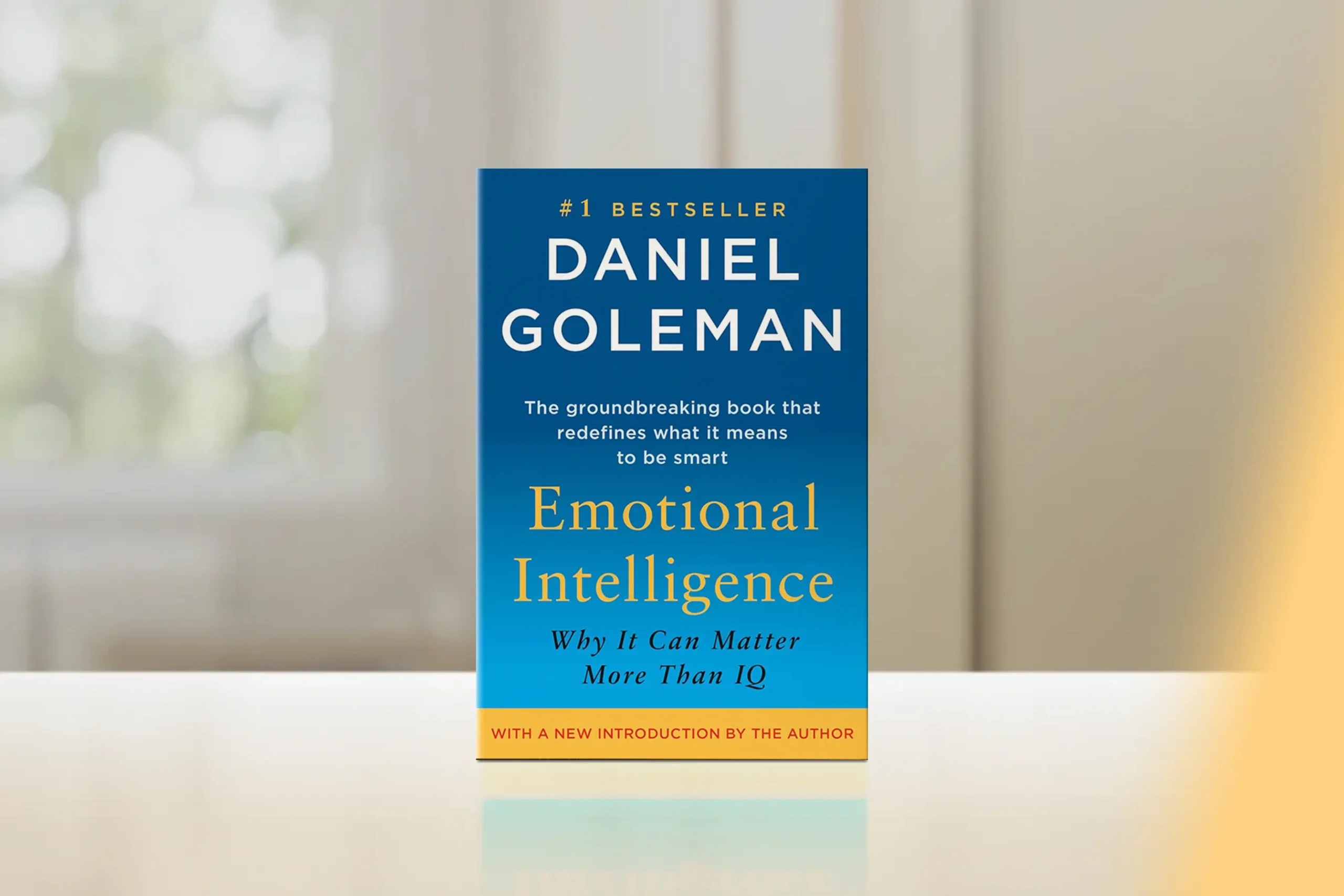What if the biggest barrier to your career success wasn’t your skills, your network, or even your experience, but rather your mindset? Research shows that professionals who approach their careers with a growth mindset—believing their abilities can be developed—consistently outperform those with a fixed mindset, who believe their talents are innate and unchangeable.
In today’s rapidly evolving workplace, the ability to adapt, learn, and grow isn’t just helpful—it’s essential for survival and success. Yet many professionals unknowingly limit their potential by clinging to fixed mindset patterns, leading to missed opportunities and stalled career progression.
Drawing from “Mindset: The New Psychology of Success“ by Carol S. Dweck, we’ll explore how adopting a growth mindset can transform your career trajectory and provide you with practical strategies to cultivate this powerful mental framework.
Understanding the Power of Growth Mindset in Career Development
The Mindset Revolution in Career Development
The difference between a fixed and growth mindset fundamentally shapes how we approach our careers. Consider two professionals facing the same challenge: a major technology shift in their industry. The fixed mindset professional sees it as a threat to their expertise, avoiding the change until absolutely necessary. The growth mindset professional views it as an opportunity to expand their capabilities, diving into learning opportunities early. This contrast plays out daily in countless career decisions, from handling feedback to pursuing promotions.
Recent research shows that professionals with a growth mindset are 47% more likely to rate their colleagues as collaborative, indicating how mindset affects not just personal success but entire workplace dynamics. The impact extends beyond individual performance to shape team culture, innovation capacity, and organizational resilience.
Fixed vs. Growth Mindset: The Career Impact
Fixed Mindset Response
Avoids challenges to maintain image
Gives up easily when facing obstacles
Sees effort as fruitless
Ignores useful feedback
Feels threatened by others’ success
Growth Mindest Response
Embraces challenges as learning opportunities
Persists in the face of setbacks
Views effort as the path to mastery
Learns from criticism and feedback
Finds inspiration in others’ success
The Hidden Benefits of a Growth Mindset
For insights into how mindset affects career resilience, explore our article on “Emotional Resilience: Navigating the Psychological Challenges of Career Change”.
Key Advantages:
- Enhanced Career Adaptability
- Greater resilience during industry changes
- Increased comfort with uncertainty
- Better response to workplace challenges
- Improved problem-solving capabilities
- Stronger innovation potential
- More effective risk assessment
- Enhanced learning agility
- Improved Professional Relationships
- More effective collaboration
- Better mentorship opportunities
- Stronger leadership capabilities
- Enhanced team dynamics
- More meaningful networking
- Increased empathy and understanding
- Better conflict resolution skills
- Accelerated Career Progress
- Faster skill acquisition
- More opportunities for advancement
- Greater value to organizations
- Enhanced problem-solving abilities
- Improved decision-making
- Better goal achievement
- Increased career satisfaction
Cultivating a Growth Mindset: Core Strategies
As explored in “Grit: The Power of Passion and Perseverance“ by Angela Duckworth, developing a growth mindset requires consistent effort and specific strategies. Here’s how to build this powerful mental framework:
1. Reframe Your Career Narrative
Transform how you think and talk about your career experiences:
- Instead of: “I’m not good at public speaking”Try: “I’m developing my presentation skills”
- Instead of: “That project was a failure”Try: “That project taught me valuable lessons”
- Instead of: “I’m not qualified for that role”Try: “I can build the skills needed for that role”
2. Embrace Challenge and Feedback
For more insights on handling professional challenges, read our article on “Cultivating a Growth Mindset: Transforming Challenges into Opportunities”.
- Actively seek stretch assignments
- Request specific feedback regularly
- Create learning goals for each project
- Document lessons learned from setbacks
- Celebrate effort and progress, not just outcomes
Practical Application
Transforming your mindset requires a systematic approach that combines consistent practice with strategic implementation. Think of it as building a new operating system for your career—one that automatically seeks growth opportunities in every situation. This transformation happens through deliberate practice across different time horizons, each reinforcing the others.
The key to successful implementation lies in creating layers of practice that build upon each other. Start with small, daily habits that gradually reshape your thought patterns. Layer these with weekly practices that consolidate your growth orientation, and monthly reviews that ensure you’re staying on track with larger career development goals.
Research from organizational psychology shows that mindset changes become permanent when practiced across these three time horizons. Each layer serves a distinct purpose: daily practices rewire your immediate responses, weekly actions build sustainable habits, and monthly development ensures strategic alignment with your career goals.
Consider this architecture as your personal growth ecosystem. Each component supports the others, creating a robust foundation for continuous career development. The system’s strength comes from its interconnected nature—daily practices inform weekly goals, weekly achievements shape monthly directions, and monthly insights guide daily focuses.
1. Daily Practices
- Morning reflection on learning opportunities
- Mindset check-ins during challenges
- Evening review of growth moments
- Gratitude for learning experiences
- Celebration of small progress steps
2. Weekly Actions
- Skill-building activity commitment
- Feedback gathering and reflection
- Learning journal updates
- Growth conversation with a mentor
- Challenge comfort zone exercise
3. Monthly Development
- Growth mindset assessment
- Progress review and adjustment
- New skill identification
- Learning plan updates
- Success celebration and reflection
Implementation Tools
1. Growth Mindset Journal Template
- Daily challenge encountered:
- Initial reaction:
- Growth mindset reframe:
- Action taken:
- Lesson learned:
- Next steps:
2. Feedback Integration Process
- Receive feedback openly
- Reflect without judgment
- Identify growth opportunities
- Create action steps
- Implement changes
- Follow up for additional feedback
24-Hour Challenge
Choose one action to complete within the next 24 hours:
- Identify one fixed mindset belief about your career and write its growth mindset alternative
- Request specific feedback from a colleague or supervisor
- Take on a small challenge you’ve been avoiding
- Start your growth mindset journal
- Share a learning experience with your team
Overcoming Growth Mindset Barriers
- Fear of Failure
- Redefine failure as feedback
- Create safe practice environments
- Start with small challenges
- Document learning from setbacks
- Perfectionism
- Focus on progress over perfection
- Set learning goals alongside performance goals
- Celebrate effort and improvement
- Practice self-compassion
Your Growth Journey
Transforming your mindset is a journey, not a destination. Each day presents new opportunities to choose growth over comfort, learning over certainty, and progress over perfection. Your commitment to developing a growth mindset isn’t just about career advancement—it’s about becoming the most capable, resilient, and fulfilled version of yourself.
Continue Your Development
For deeper exploration of professional growth, we recommend:
Final Reflection: What growth opportunity in your career have you been hesitating to pursue? How might embracing a growth mindset help you take the first step toward that opportunity?
Remember, every expert was once a beginner. Every leader started as a learner. Your potential isn’t fixed—it’s constantly expanding through your willingness to learn, grow, and embrace challenges. Start your growth mindset journey today, and watch as new career possibilities unfold before you.





